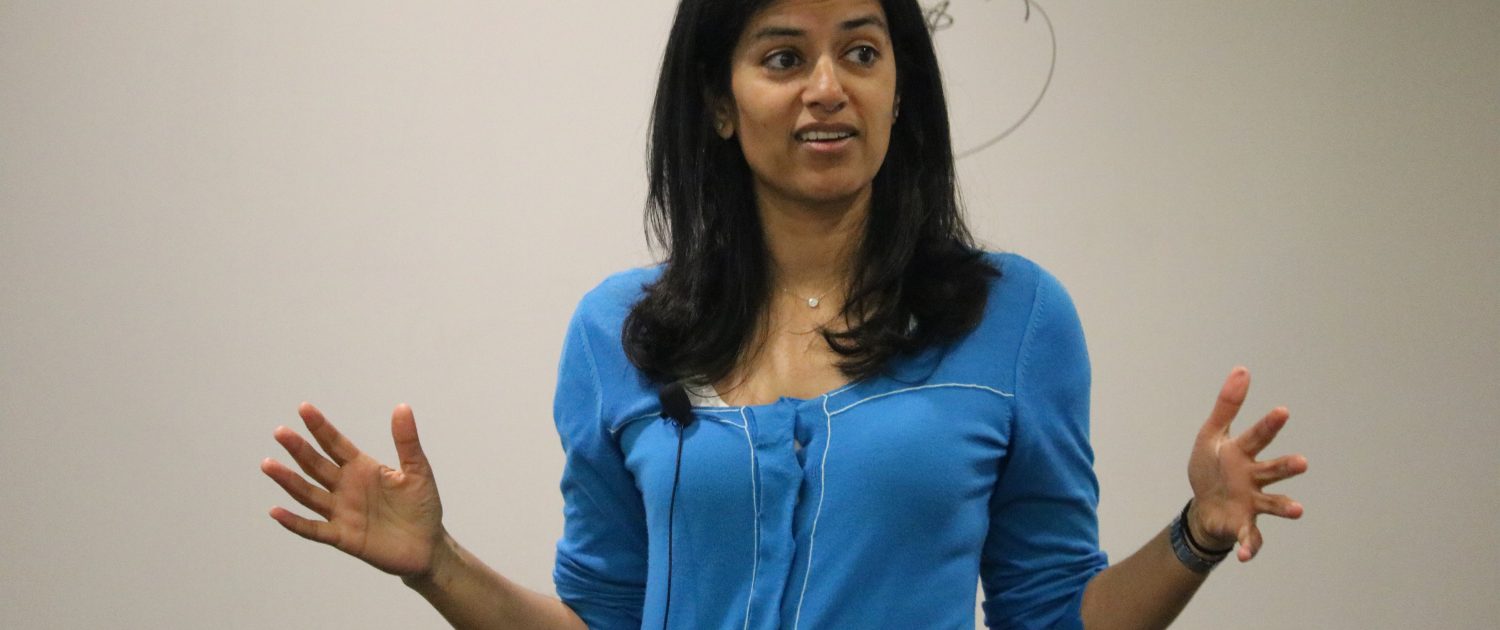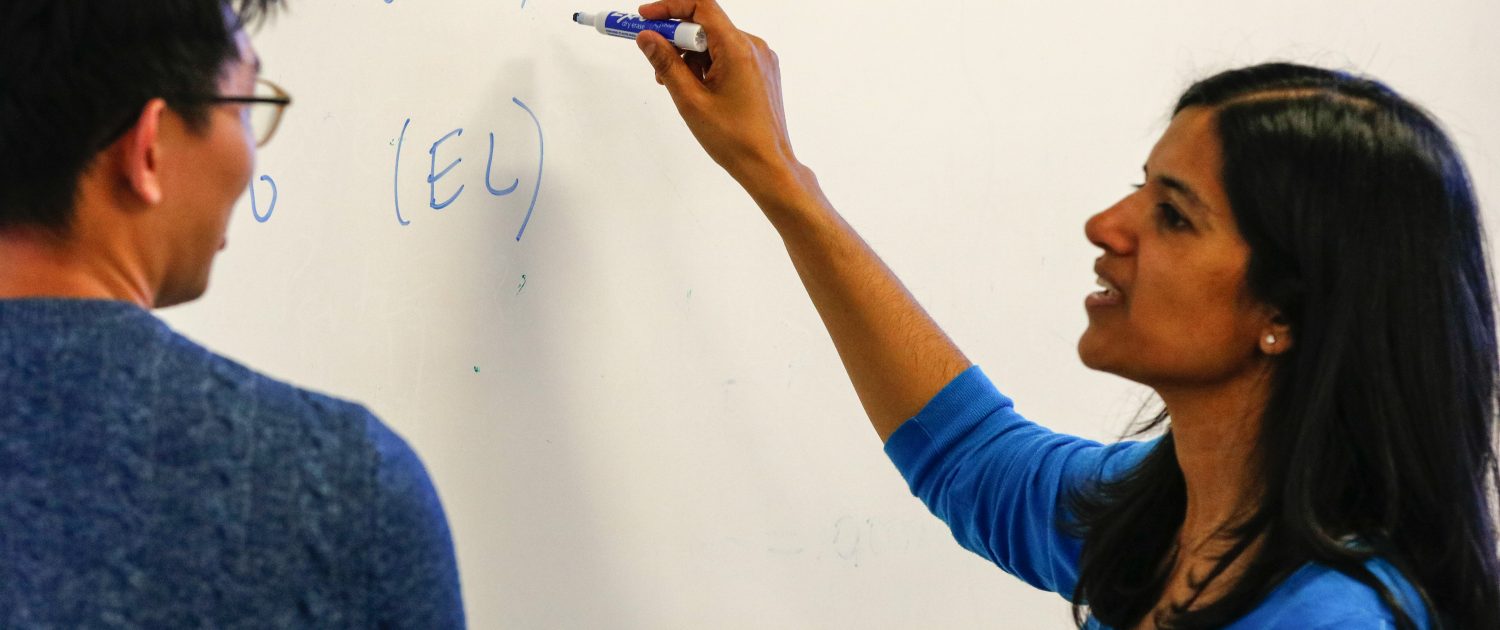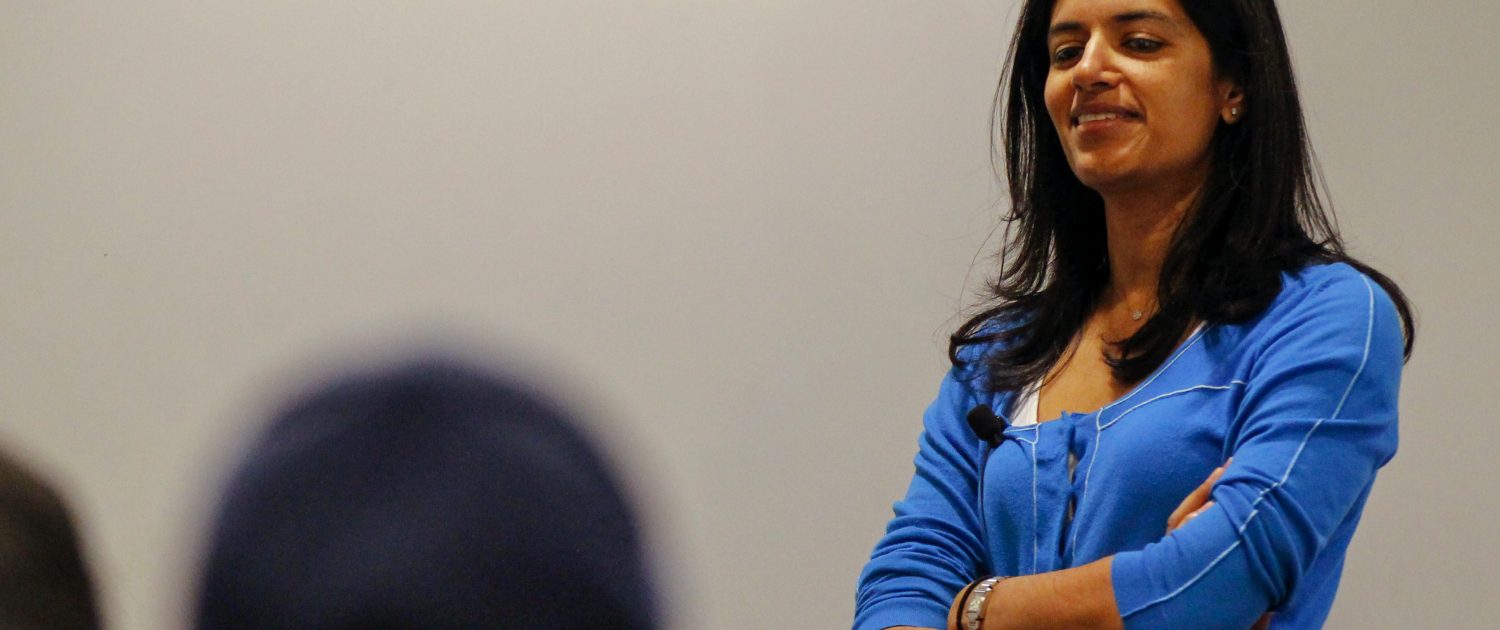Donald Shoup Earns Highest Recognition from Planning Academy The esteemed Urban Planning professor is named Distinguished Educator by the Association of Collegiate Schools of Planning
By Les Dunseith
Donald Shoup, distinguished research professor of urban planning at the UCLA Luskin School of Public Affairs, is the 2017 recipient of the Distinguished Educator Award — the highest honor bestowed by the Association of Collegiate Schools of Planning (ACSP).
The award is conferred every two years to honor significant contributions to the field of planning, and it recognizes scholarly contributions, teaching excellence, public service, and contributions that have made a significant difference to planning scholarship, education, and practice. Shoup is the second current member of the UCLA Urban Planning faculty to win this award; Professor Emeritus Martin Wachs won in 2006 when he was at UC Berkeley. Two other UCLA faculty members also won the award: John Friedmann in 1987, and Harvey Perloff, the inaugural recipient in 1983.
Perloff and Shoup are two of only three people who have won both the ACSP’s Distinguished Educator Award, which is given to academics, and the American Planning Association’s National Excellence Award for a Planning Pioneer, which is given to planners who have made important innovations in planning practice. This unusual combination of both awards highlights UCLA’s commitment to both academic excellence and practical relevance in urban planning.
Shoup said the latest award is particularly gratifying because it’s for education. “Universities reward you mainly for research and publication. It’s why we say, ‘Publish or perish.’ And I think most academics believe their lasting contribution will be their research,” he said. “But I think that our most important contribution is through teaching. If we have any influence — if there is going to be anything to remember after we are gone — I think it will be through the successful careers of our students who will be changing the world for the better.”
Professor Vinit Mukhija, the current chair of Urban Planning, remembers coming to UCLA as a job candidate when Shoup was department chair. Shoup’s manner then became a model for Mukhija to follow years later. “Donald was one of the first people I met on campus. His philosophy is to help people feel comfortable so they can share and present their best ideas. He takes that philosophy into the classroom, where he likes to engage students in a deliberative, non-confrontational manner as they discuss ideas that challenge accepted policy practices.”
During his tenure of more than 40 years at UCLA, Shoup has built an impressive record of accomplishment and scholarship, producing insightful research that has been truly influential on public policy. According to Urban Planning Professor Brian Taylor, Shoup is an “internationally recognized authority on parking policies and their effect on urban development and transportation. Though largely overlooked by academics for years, parking policies significantly influence land use development and travel behavior in U.S. metropolitan areas and in rapidly developing urban areas across the globe.”
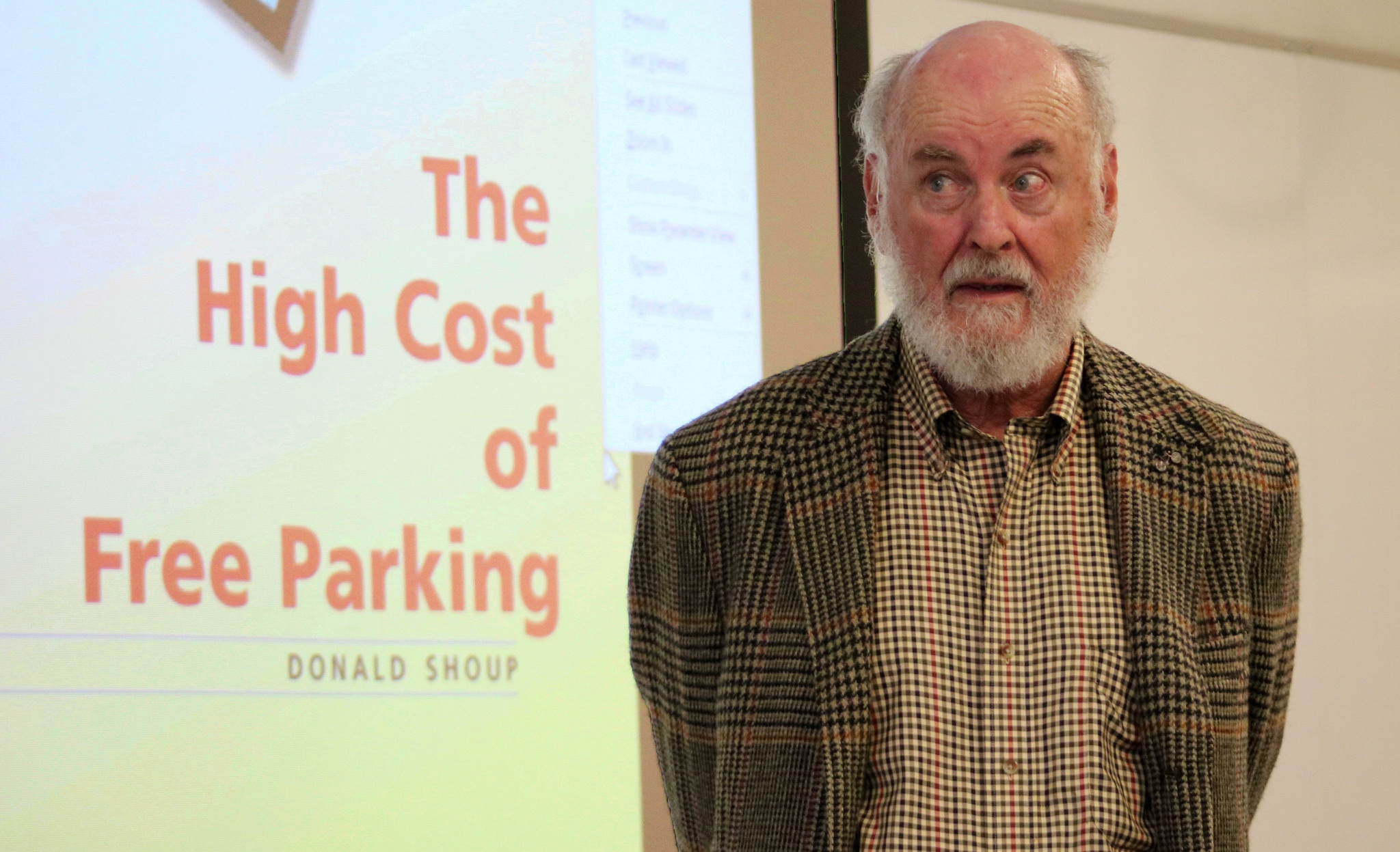
Distinguished Professor Donald Shoup talks about his research on parking policy with a delegation of planners who visited campus from China in September 2017.
“The High Cost of Free Parking,” Shoup’s widely acclaimed book (originally published in 2005, and revised and reprinted in 2011), was based on decades of research on parking policies. It also was based on years of listening.
“When I was younger, I focused much more on analysis and publication. As I began to see how policies got adopted, I became much more oriented toward the concerns of public officials,” Shoup said of how his approach has evolved over the years. “I have always tried to engage with practicing planners and city officials who will have to implement anything that I recommend — to hear their objections and concerns.”
The Distinguished Educator Award is selected from candidates nominated by faculty at ACSP member schools, which consist of universities with departments and programs offering planning degrees or programs that offer degrees affiliated with planning. Most are in the United States, but some member schools are located internationally.
“The conventional wisdom on good parking policy across the world is now defined by Donald’s research. Our students are fortunate to have been involved in the development of these ideas from the start.” — Professor Vinit Mukhija, chair of Urban Planning
The nomination letter included testimonials about Shoup from renowned scholars at UCLA and other universities:
- “… in recent years he has become one of the most widely cited urban planning scholars in the world. … [Shoup] is literally the world’s leading expert in the subject matter on which he specializes while admirably fulfilling all of the other responsibilities of a senior faculty member.” (Martin Wachs, UCLA and UC Berkeley)
- “Don is probably the most creative, original planning scholar who has been at work during the past several decades, and this is certainly so within the field of transportation.” (Alan Altshuler, Harvard University)
- “What impresses me most … is his willingness to take his ideas and writings and be fully engaged in public debate and action over them. It is not an exaggeration to say that he has been one of the most powerful forces in the nation for bringing sanity and good sense to our work with urban communities.” (Michael Dukakis, UCLA, former Massachusetts Governor and Democratic Presidential nominee)
- “Over the years I watched him create literally many generations of students who went on to implement his ideas in cities throughout the U.S. and world. It would be difficult indeed to find another scholar who has had as much impact on the practice of urban planning.” (Genevieve Giuliano, University of Southern California)
Shoup’s most important scholarly contribution has been his research related to how parking policies affect land use and urban travel.
Said Taylor, “Through more than three dozen publications on the role of parking in cities, Professor Shoup has almost single-handedly convinced a previously skeptical audience of planners and elected officials about the critical importance of parking policy to urban planning, transforming planning practice to a degree unmatched by any of his contemporaries in the planning academy.”
“The conventional wisdom on good parking policy across the world is now defined by Donald’s research,” Mukhija said. “Our students are fortunate to have been involved in the development of these ideas from the start.”
Shoup said that his research approach tends toward finding solutions to practical problems. “My focus is to look at areas where the prices that people pay are substantially below the cost of what they consume. Traffic congestion is a good example. Drivers in peak hour traffic pay far less than the cost they impose on other drivers and in the process they aggravate traffic congestion.”
His forte — parking policy — is another example. “The price that drivers pay for parking is usually far below the cost of providing it,” Shoup said. “Drivers park free at the end of 99 percent of all automobile trips in the United States. But all this free parking costs a lot of money.”
As his research progressed, he was struck by the lack of equity in parking. People who are too poor to own a car, or who prefer not to own one, receive no benefit.
“If you ride the bus or ride a bike or walk to work, you get nothing. But if you drive to work, you get to park free in a very expensive parking place. It leads to overuse of automobiles, creating air pollution and traffic congestion.”
When cities charge fair market prices for on-street parking and spend the meter revenue to finance added public services, they can improve the lives of everyone. Shoup’s work has inspired cities such as Los Angeles, San Francisco, Pasadena, Austin, Houston, Seattle, and many others to change their approach to parking.
Shoup has four degrees in electrical engineering and economics from Yale University. At UCLA he has served as chair of Urban Planning and as director of the Institute of Transportation Studies. And he practices what he preaches — walking or biking to campus every day, even after his “retirement” in 2015.
This dedication comes in part from his perception that he has been fortunate to have worked in Los Angeles, a city where his ideas about land use, traffic, and parking are particularly important and where civic leaders — some of whom count themselves among his legion of followers, known as Shoupistas — have been willing to listen to his advice.
Great city. Great university. Great professor. It all adds up to a career filled with great accomplishments.
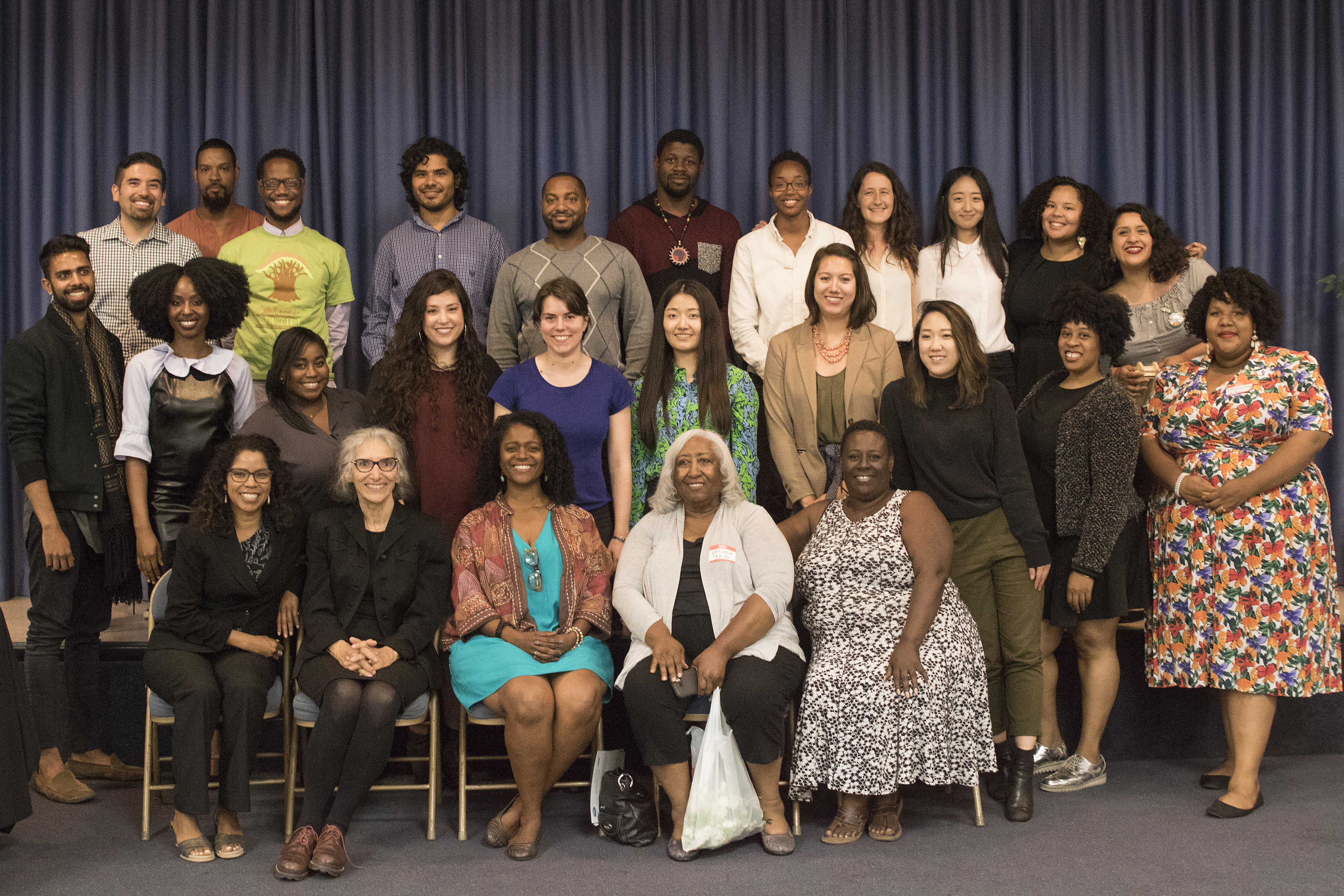


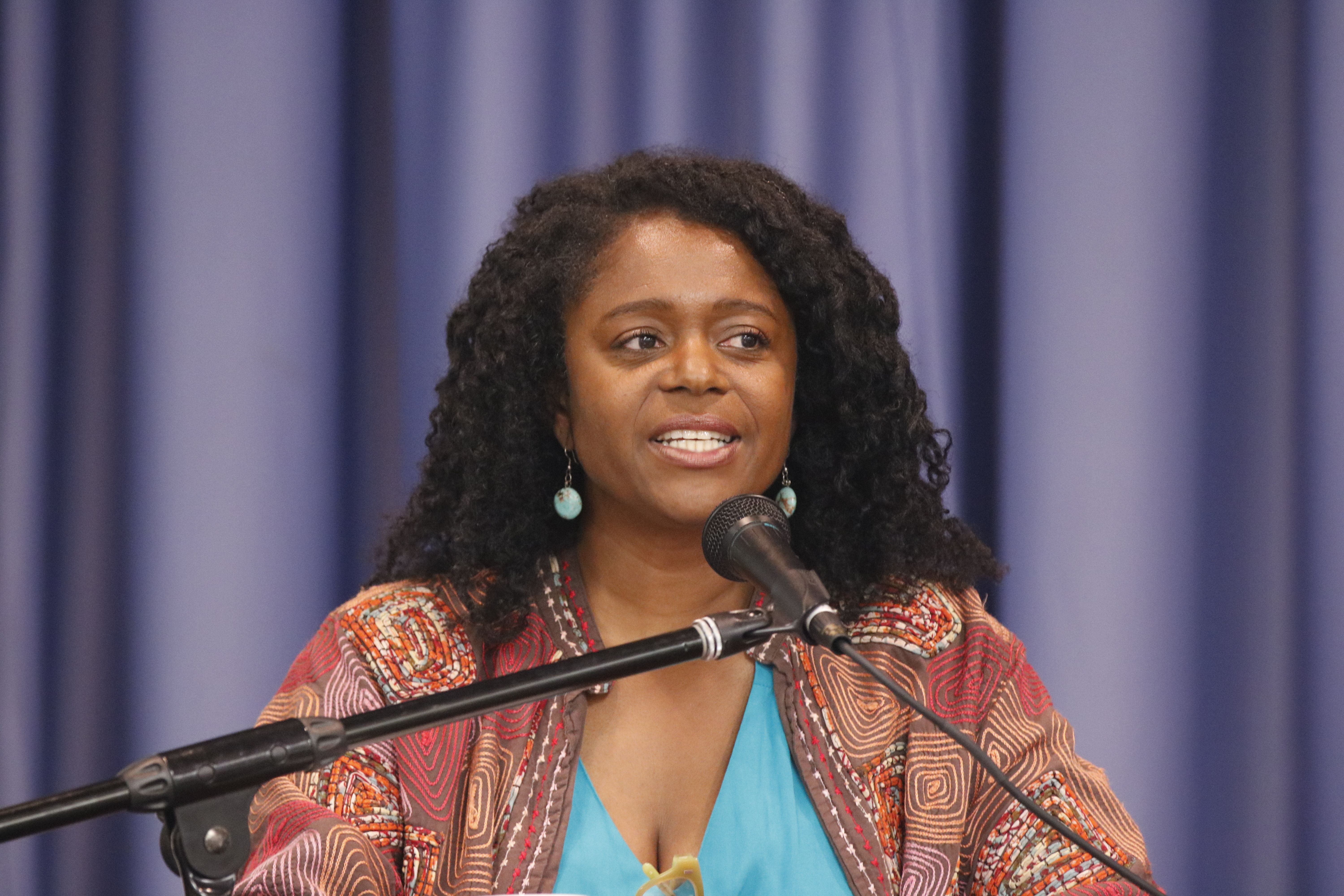

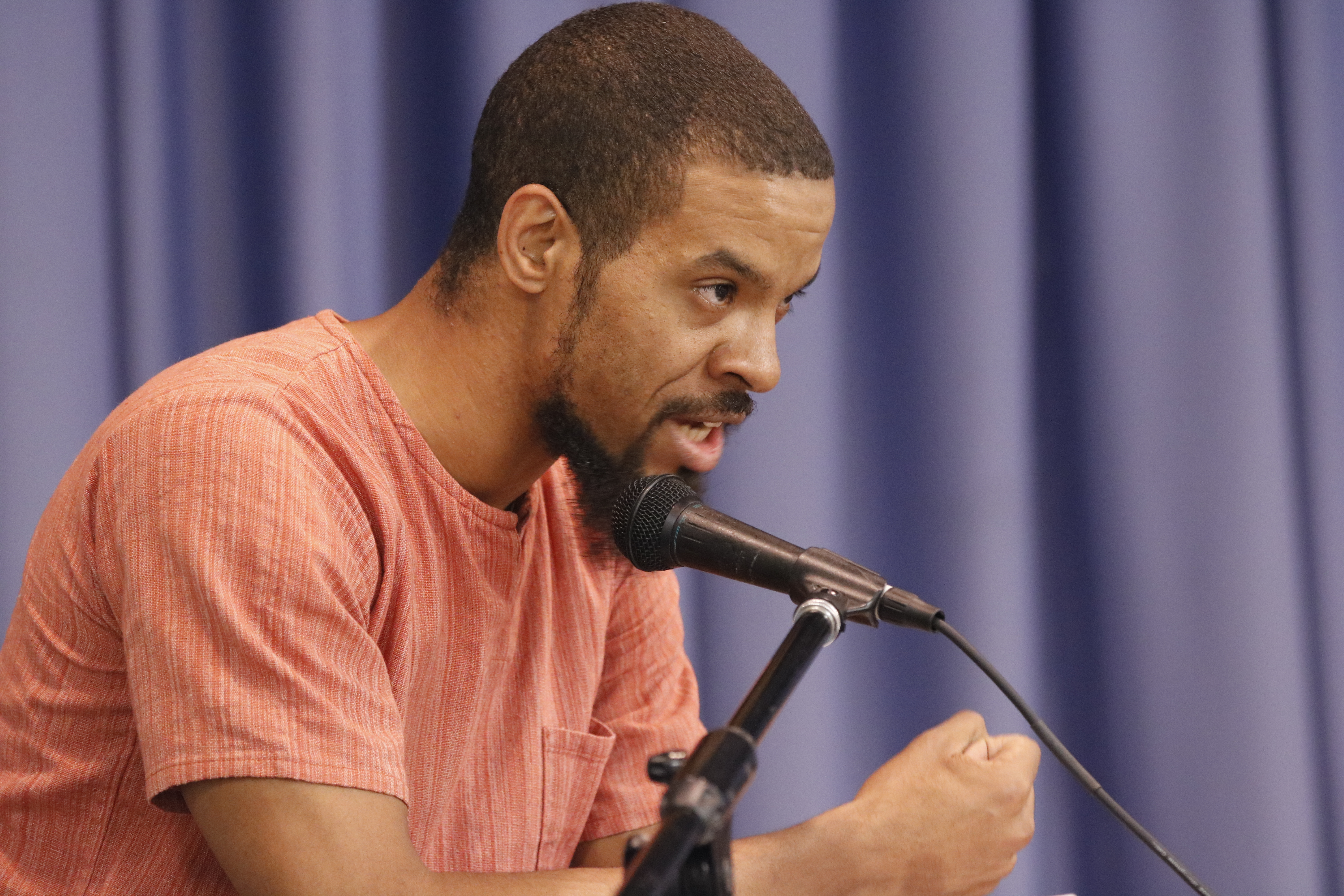

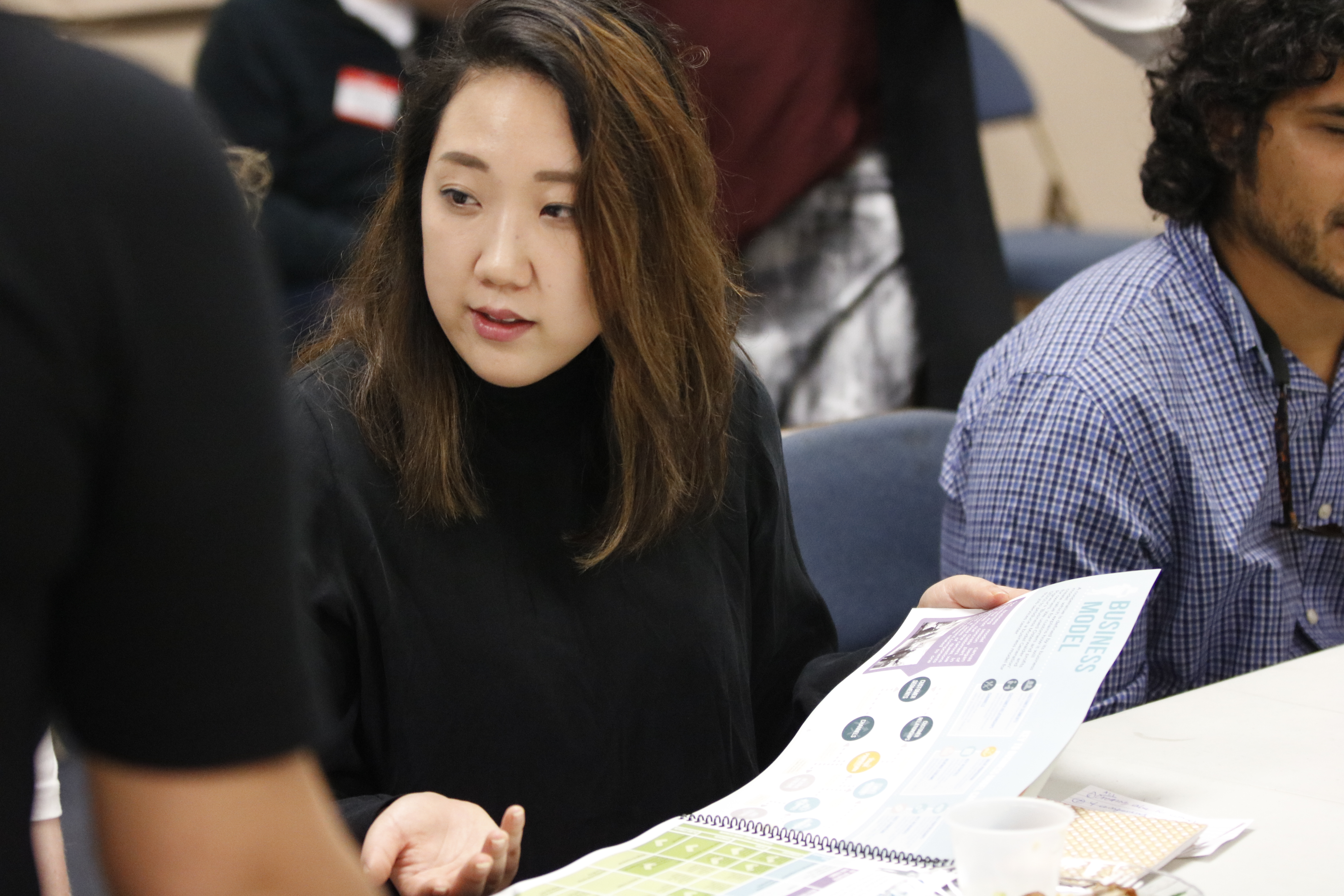

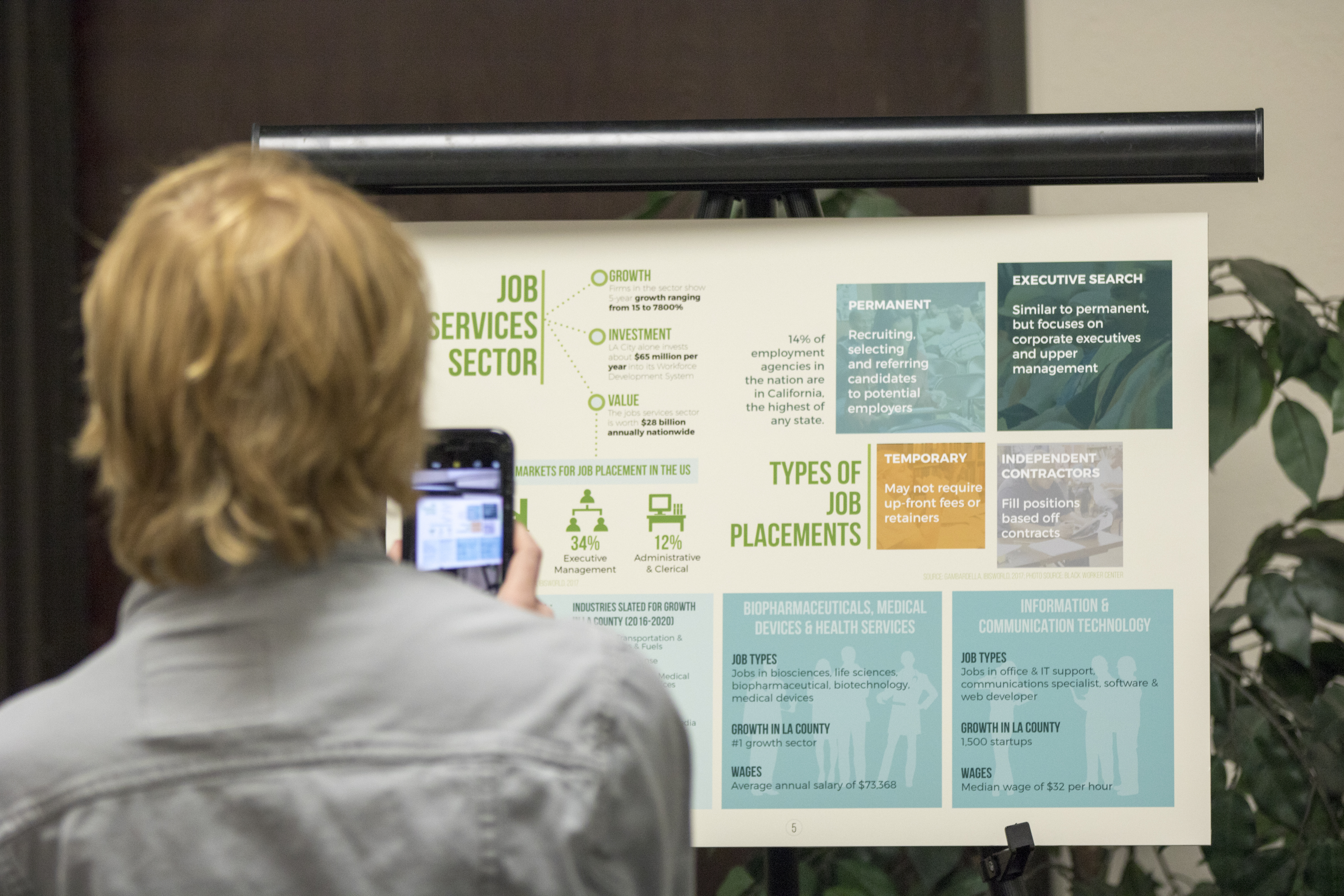



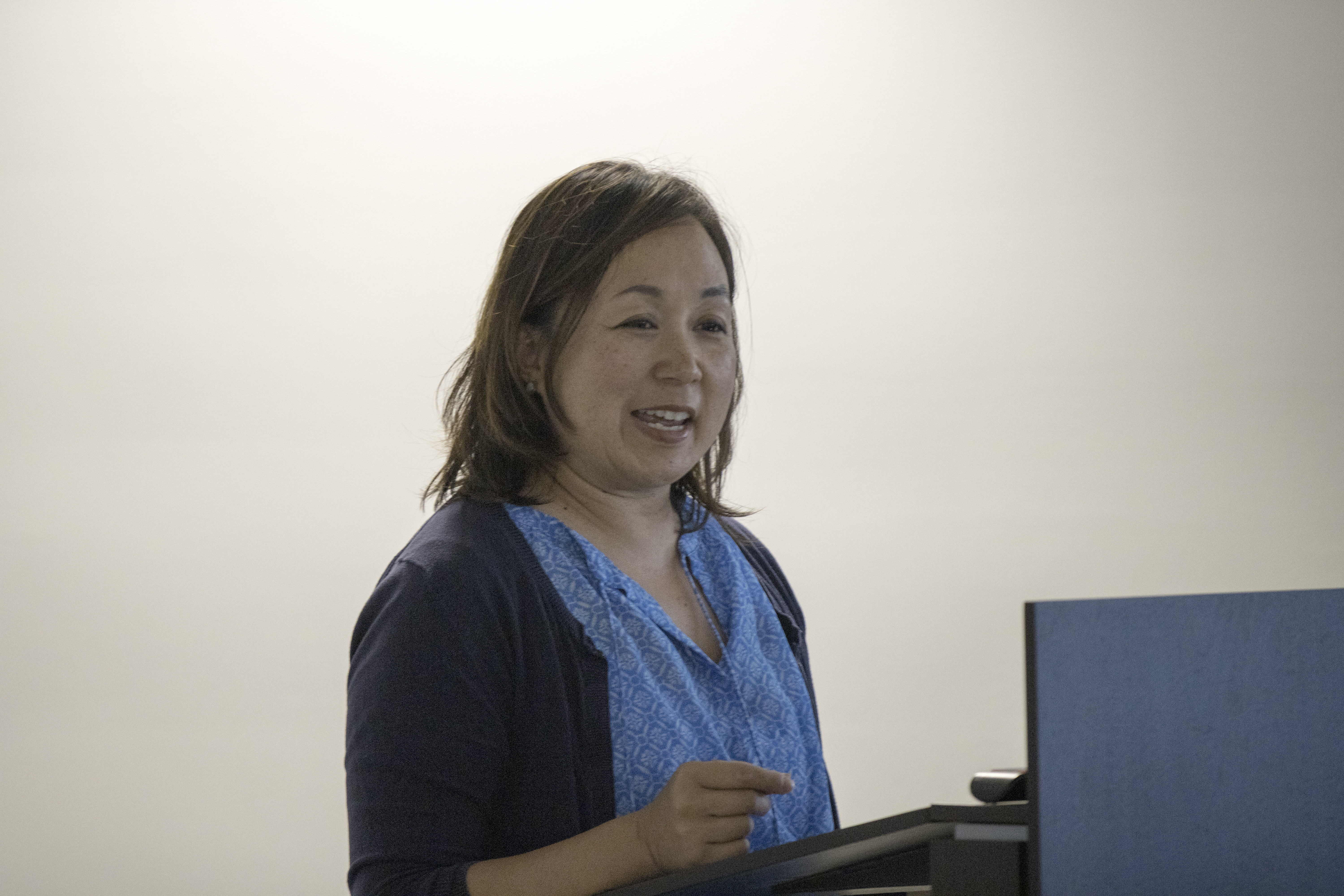

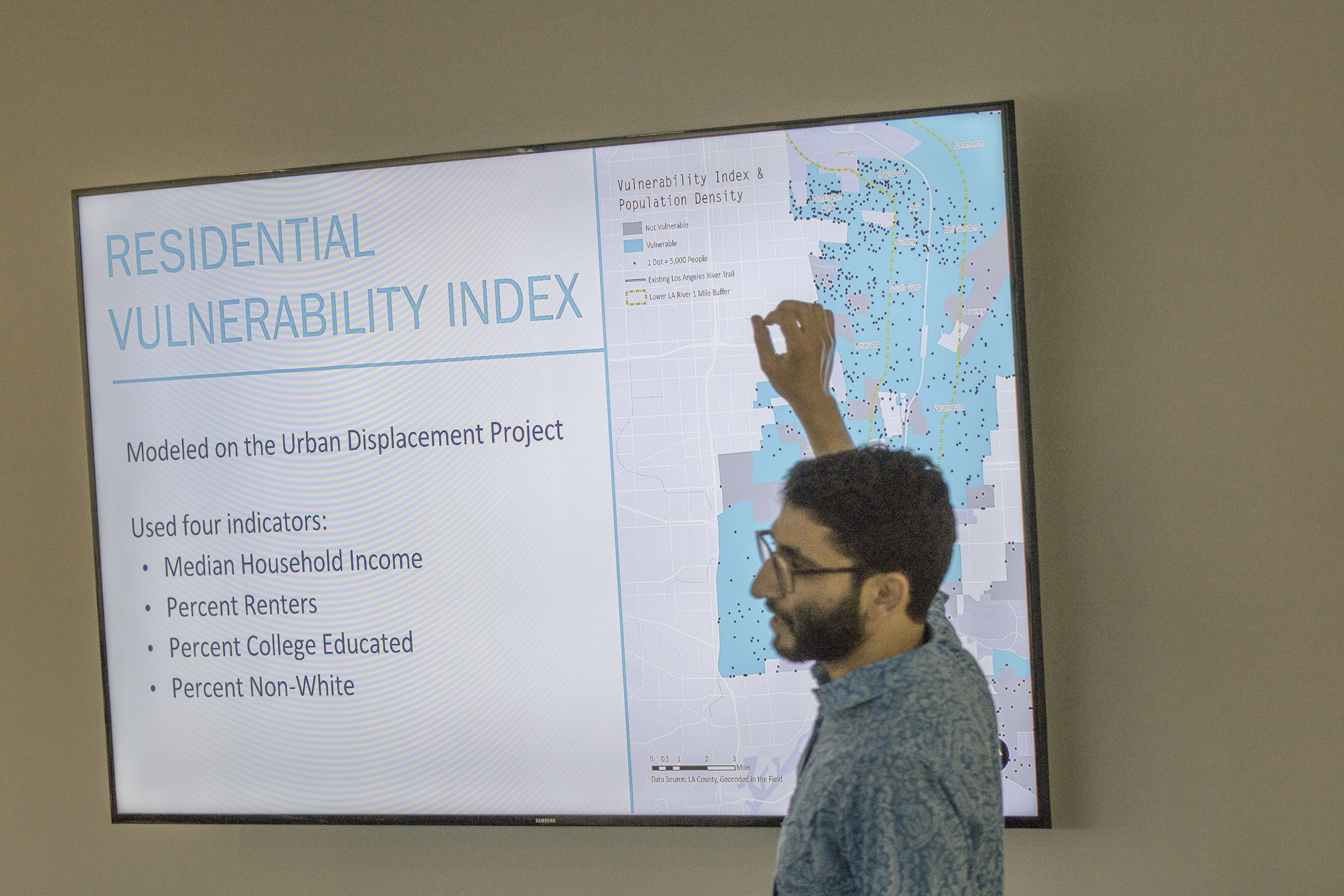

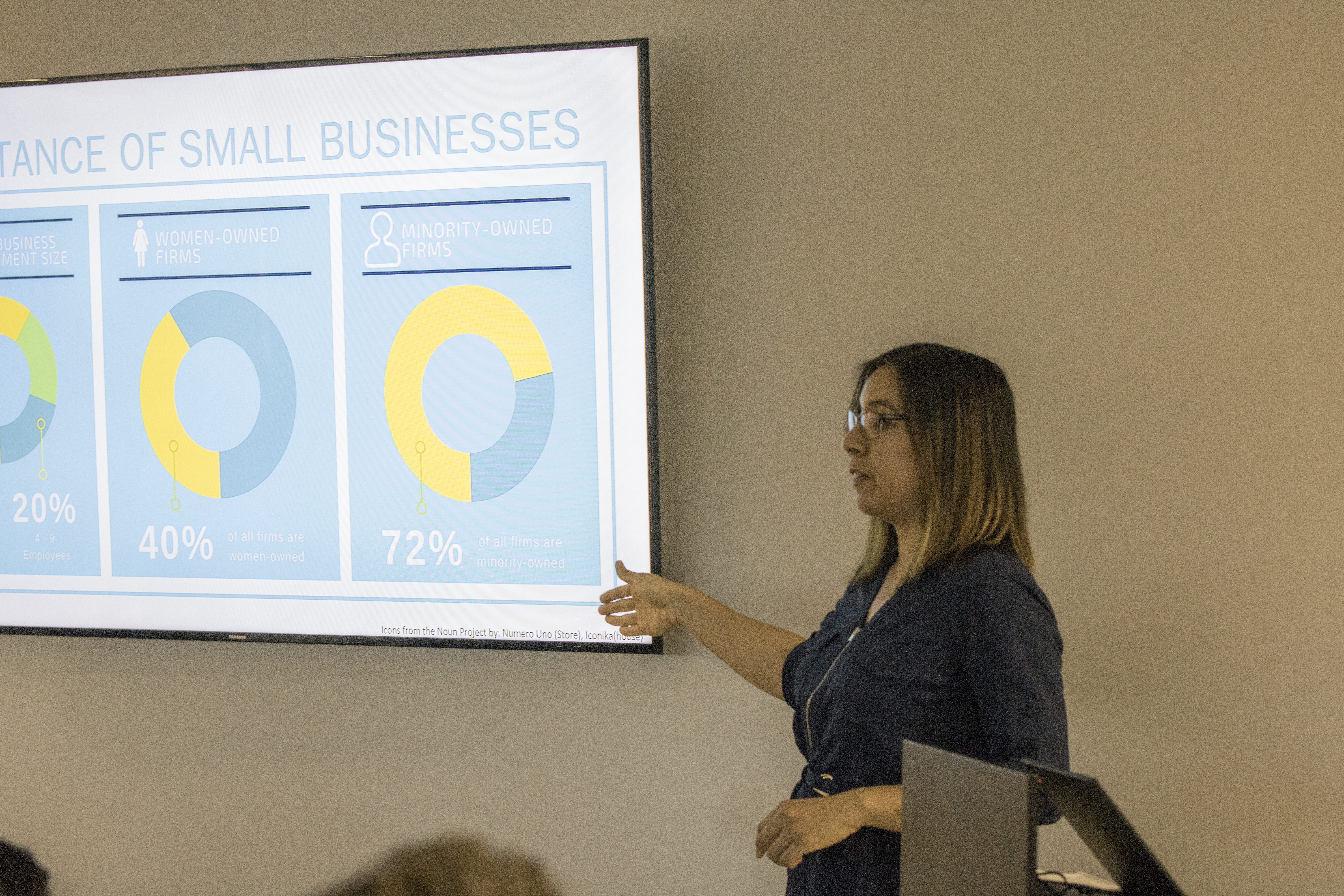

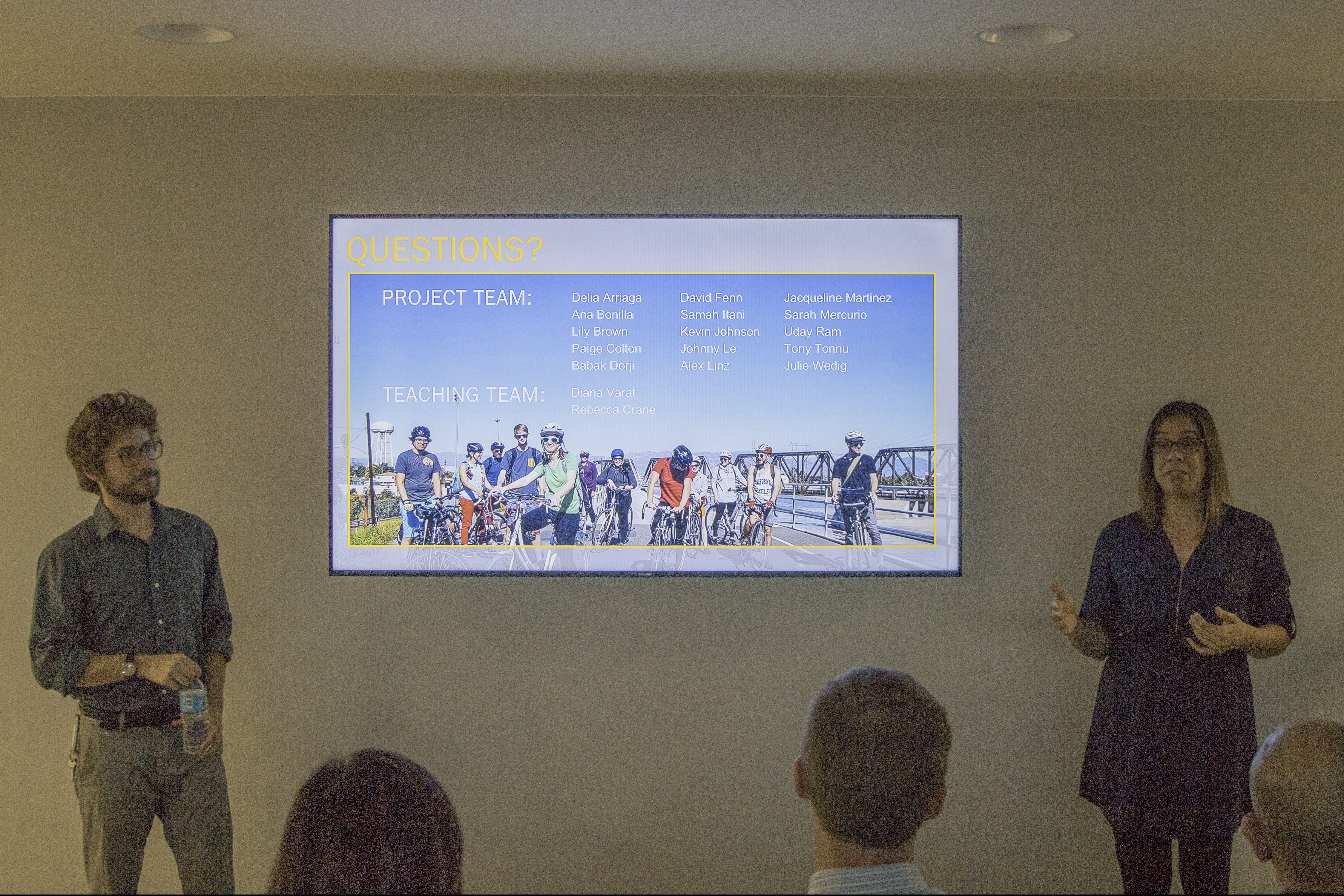

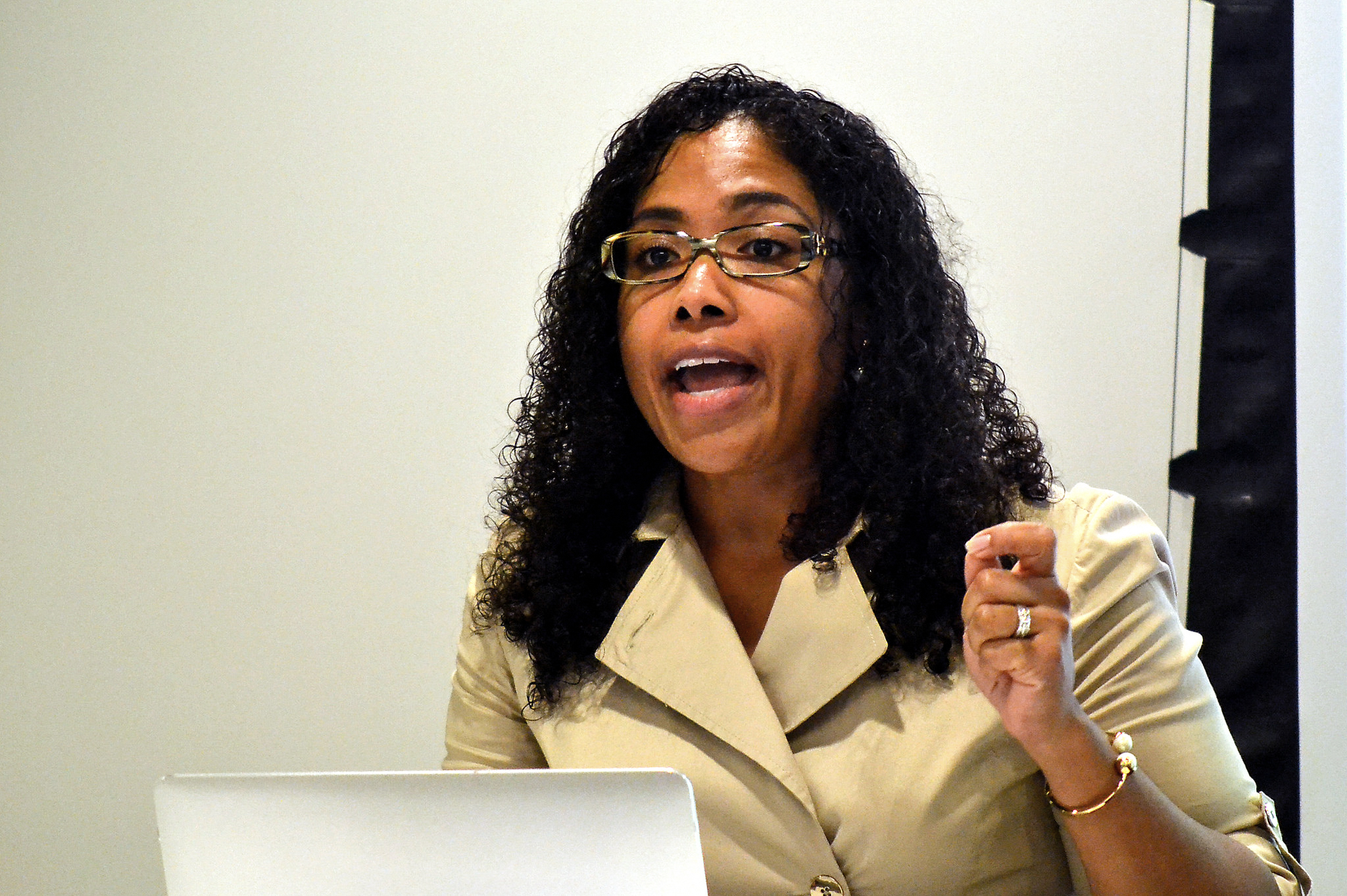


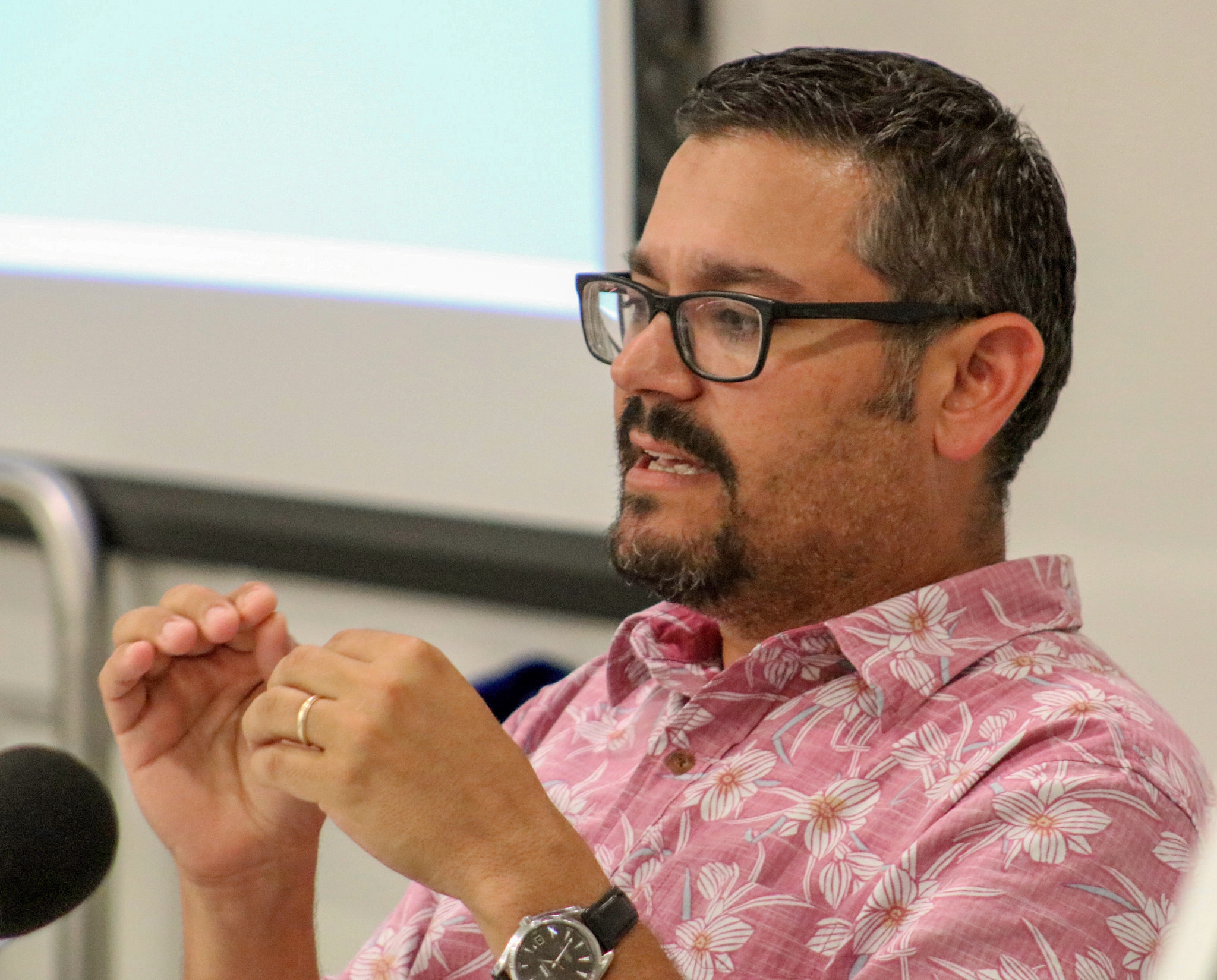

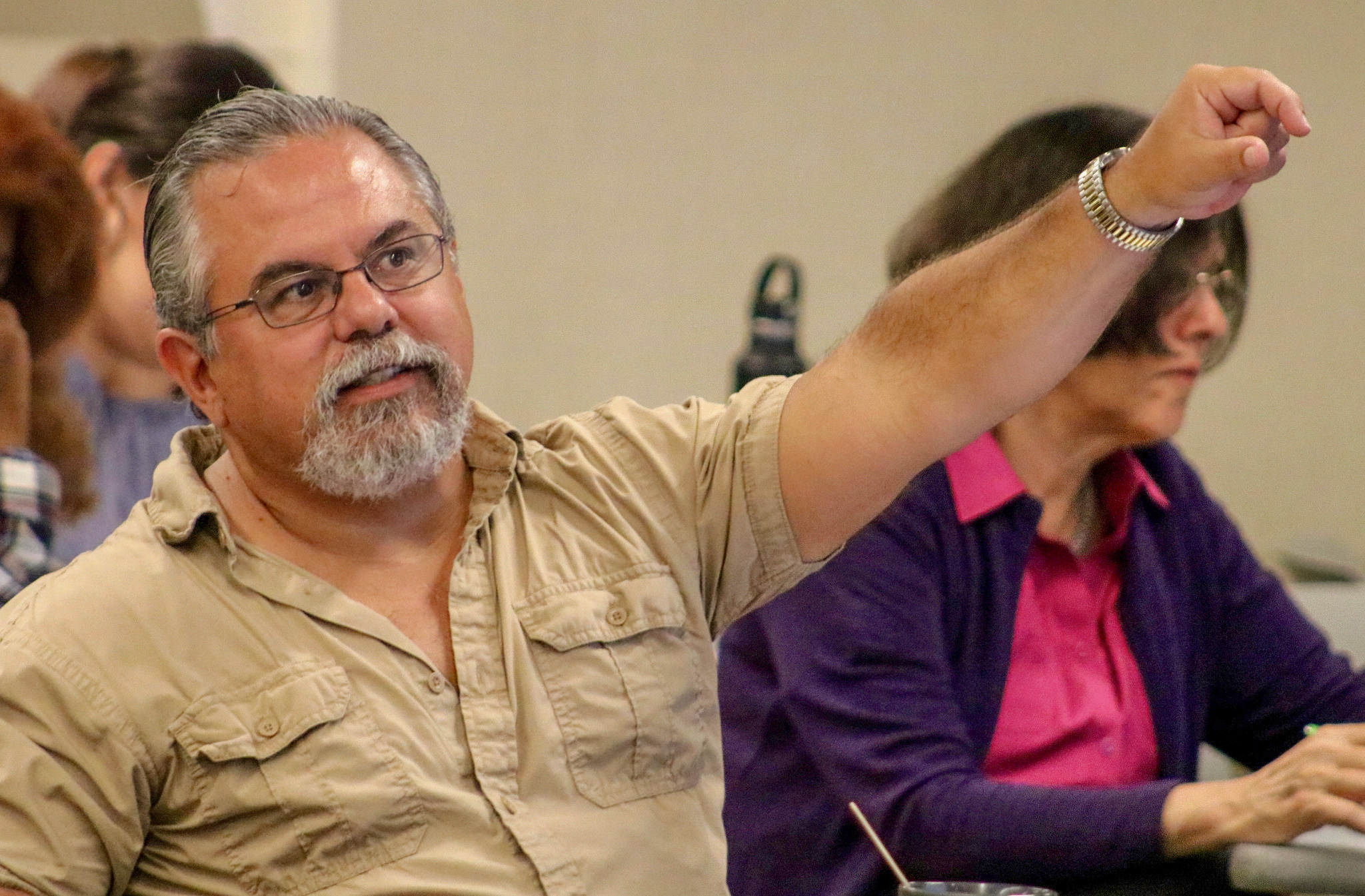

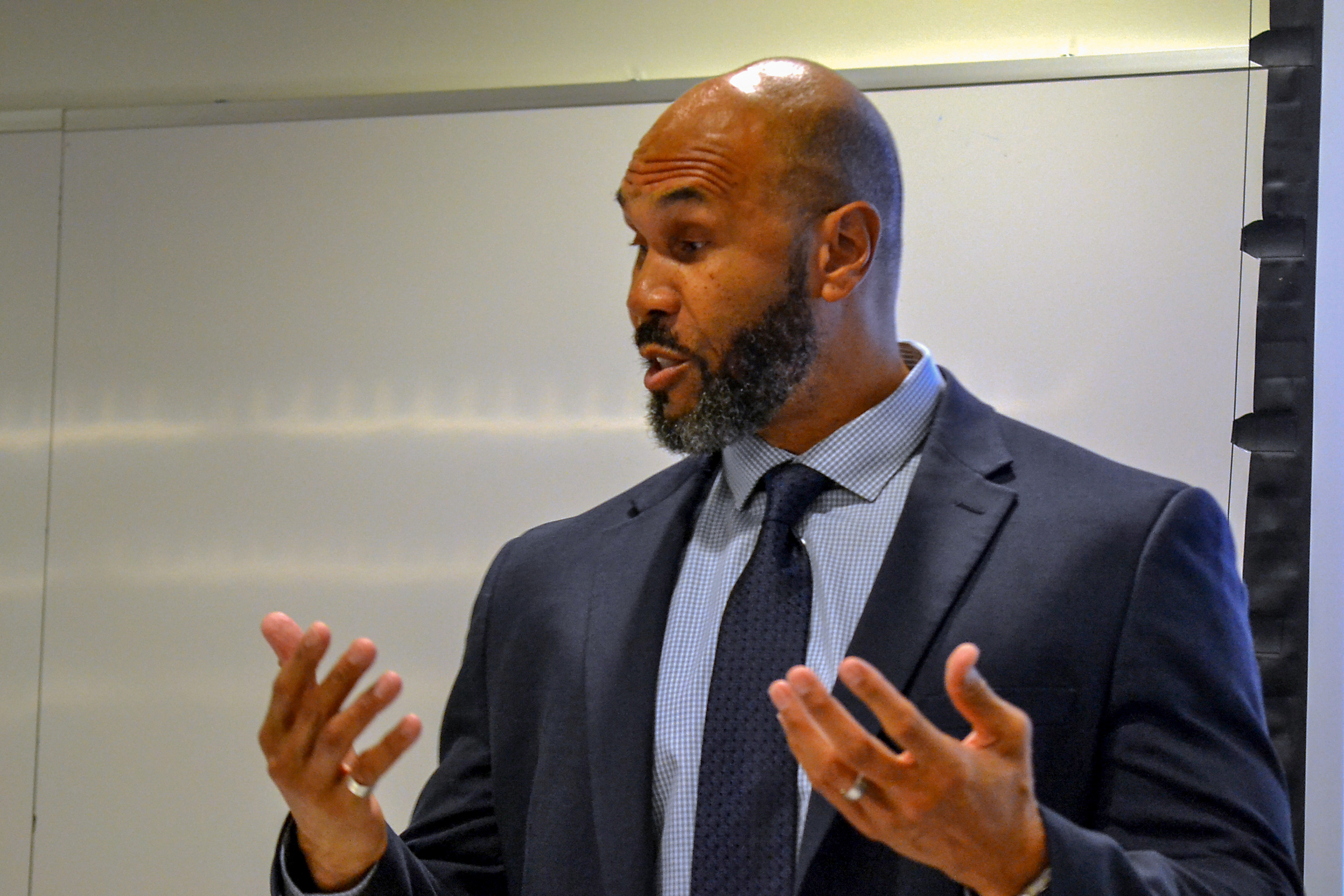

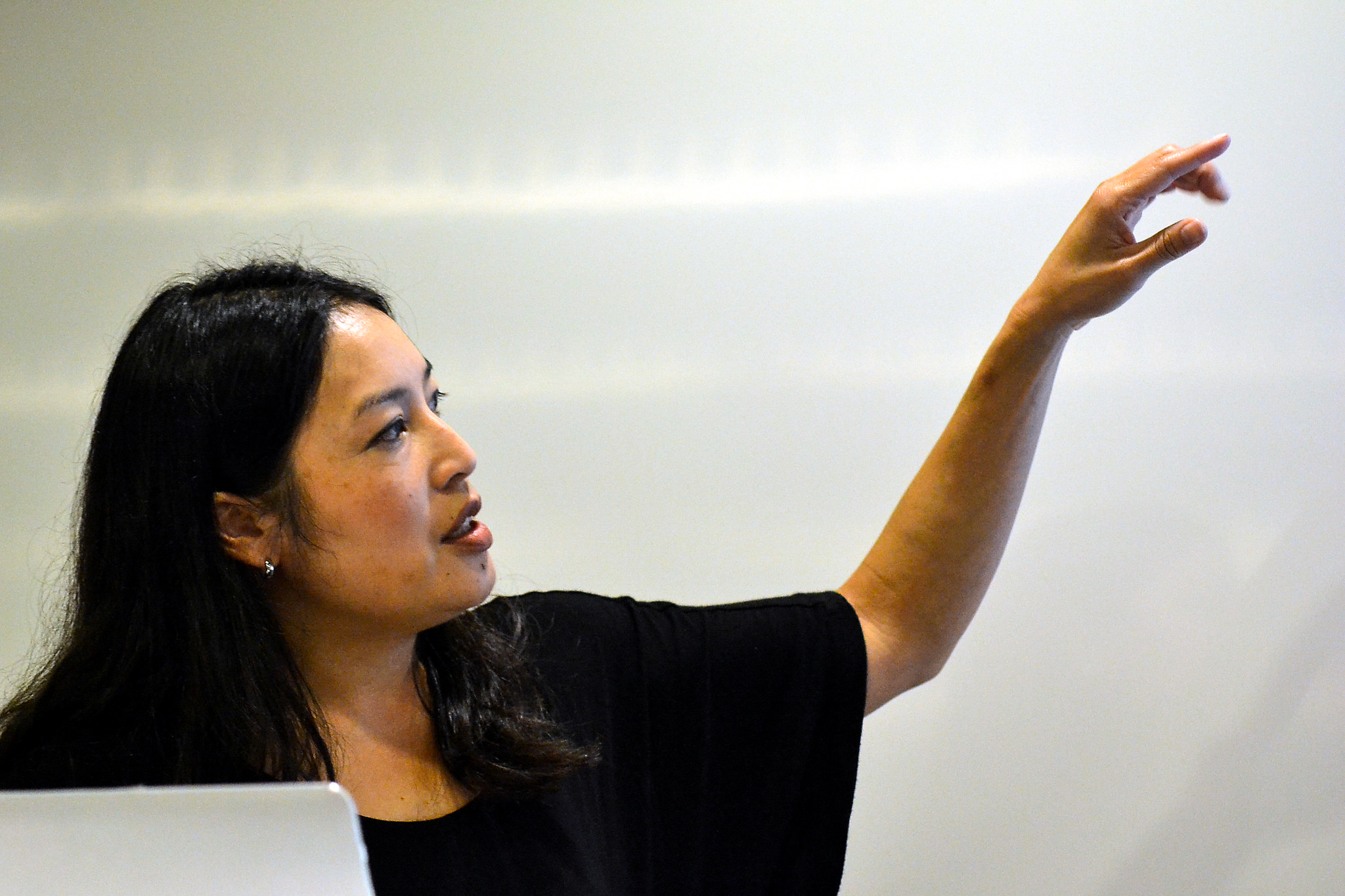

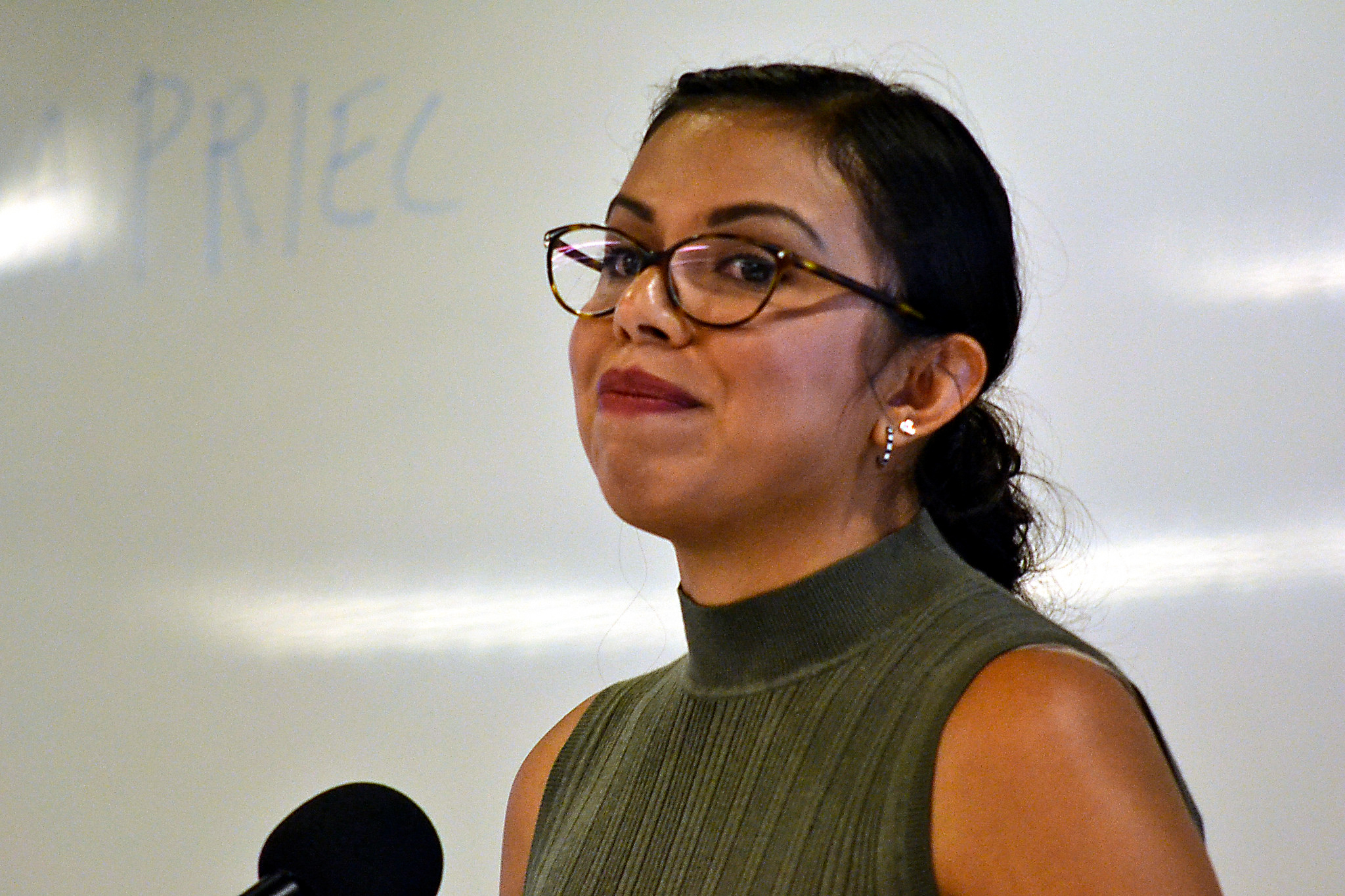

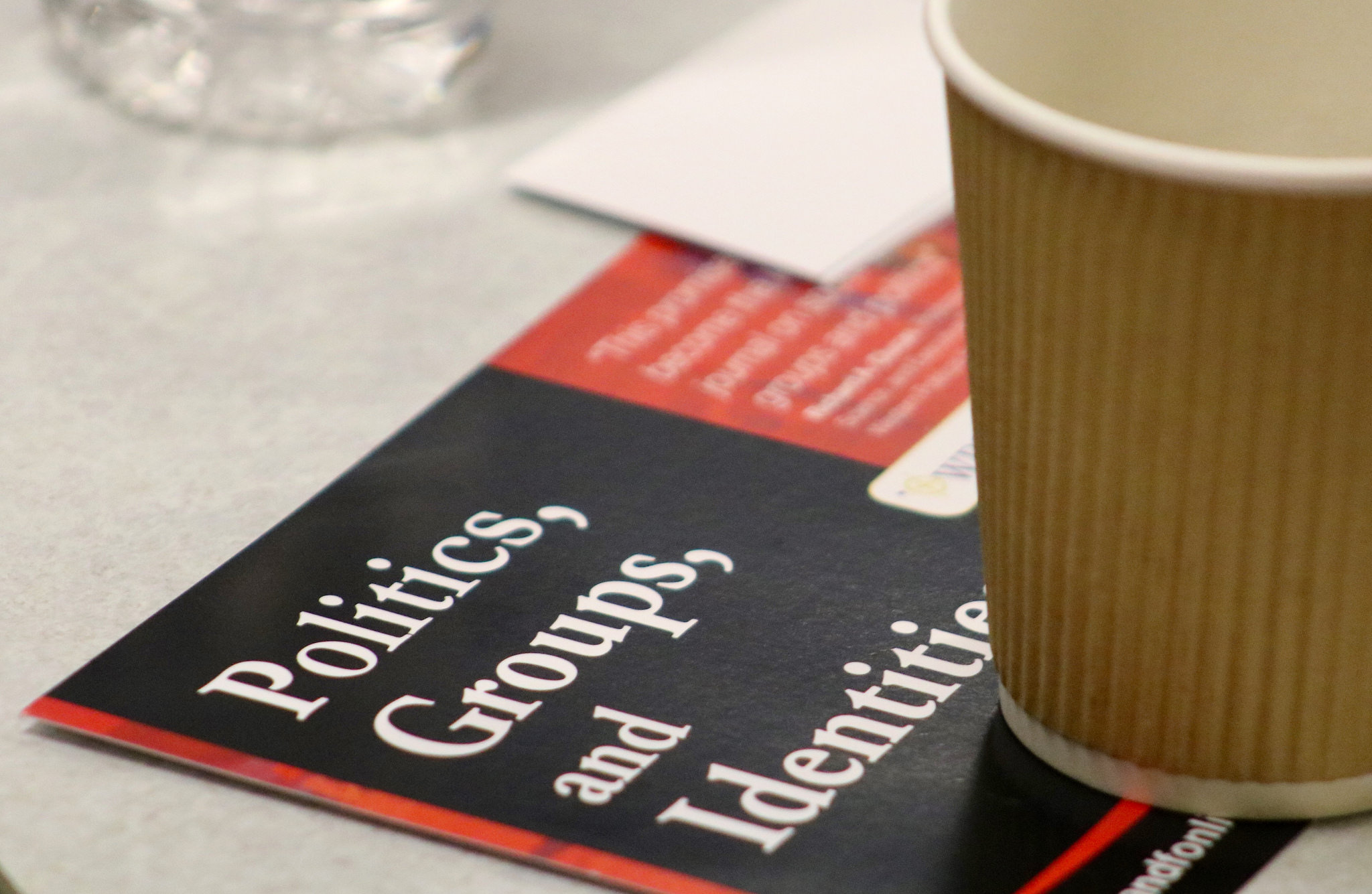
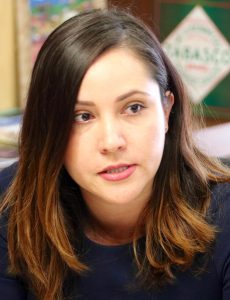
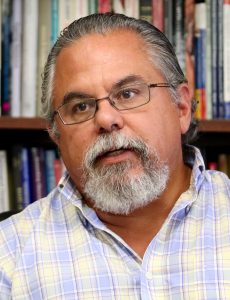
 The UCLA researchers have partnered with a clean technology company named Chai Energy. “Chai developed a free smartphone application that displays your home daily electricity consumption and provides you with tips on how to better manage your electricity bill,” DeShazo said. This could include knowing when it makes financial sense to replace an old appliance, or simply what time to use it based on electricity prices. Chai has also developed a gateway device that establishes communication between a participant’s smartphone and the smart-meter already installed in his house, allowing users to see real-time energy consumption by individual household appliances.
The UCLA researchers have partnered with a clean technology company named Chai Energy. “Chai developed a free smartphone application that displays your home daily electricity consumption and provides you with tips on how to better manage your electricity bill,” DeShazo said. This could include knowing when it makes financial sense to replace an old appliance, or simply what time to use it based on electricity prices. Chai has also developed a gateway device that establishes communication between a participant’s smartphone and the smart-meter already installed in his house, allowing users to see real-time energy consumption by individual household appliances.